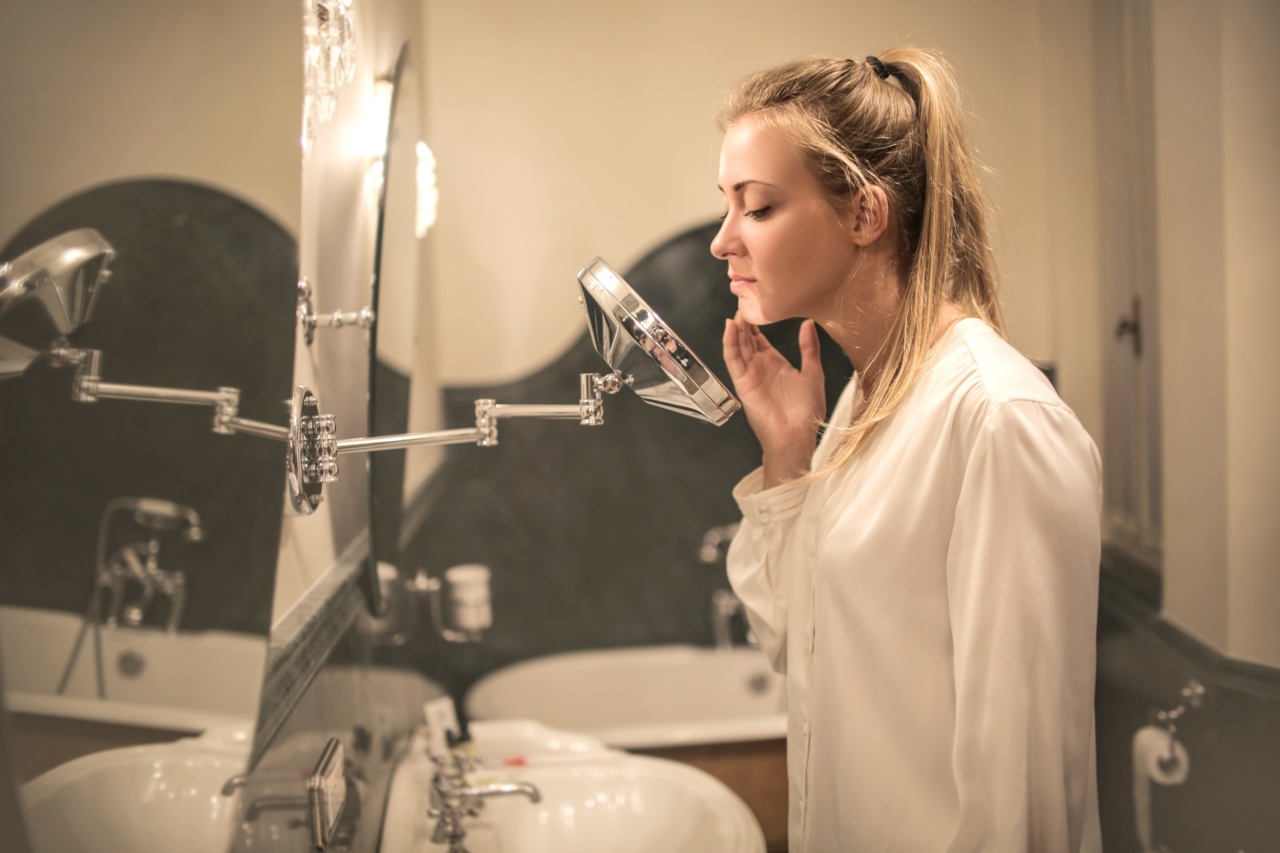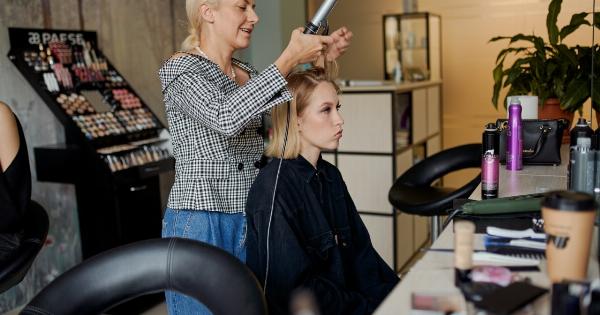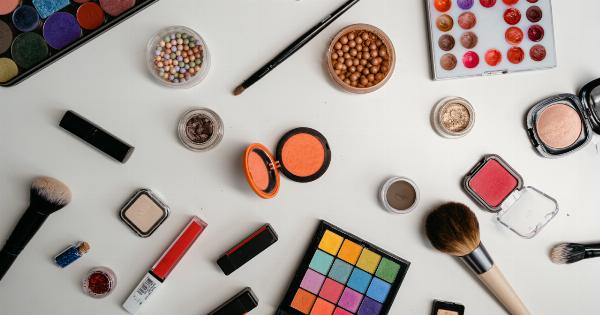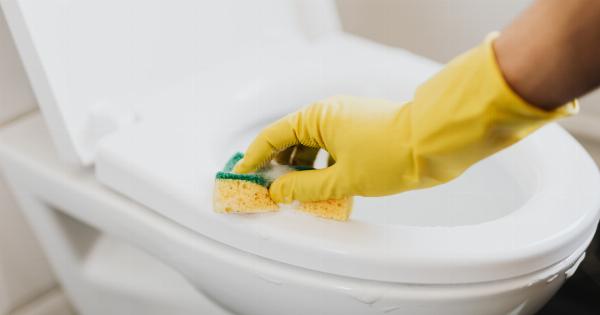Acne can be frustrating to deal with, and it can seem like no matter what you do, you can’t seem to get rid of it.
You may already be avoiding some of the usual suspects that can worsen acne, such as unhealthy foods and harsh skincare products, but there are other unexpected culprits that may be triggering your breakouts without you even realizing it. Here are some daily routine habits that could be hurting your acne-prone skin:.
1. Sleeping on Dirty Pillowcases
Believe it or not, your pillowcase could be responsible for your acne.
If you don’t change it often enough, the oil, dirt, and bacteria from your face can accumulate on the fabric, and when you lay your face down to sleep, all that gunk can transfer back onto your skin, causing inflammation and breakouts. It’s recommended to change your pillowcase at least once a week, if not more often.
2. Overwashing Your Face
Cleansing your face is important for removing dirt and oil that can clog your pores, but overdoing it can actually do more harm than good.
If you wash your face too frequently or with a cleanser that is too harsh, you can strip your skin of its natural oils, leading to dryness and irritation. This can then cause your skin to produce even more oil to compensate, which can contribute to acne.
3. Touching Your Face Too Much
It’s a common habit to touch your face throughout the day, but doing so can transfer bacteria and oil from your hands onto your skin, which can trigger breakouts.
If you can’t resist touching your face, make sure to wash your hands frequently and try to avoid leaning your chin or cheeks on your hands.
4. Using Hair Products That Are Too Heavy
The ingredients in your hair products can also affect your skin. If you use heavy styling products, such as oils or pomades, they can easily transfer onto your skin, clogging your pores and contributing to acne.
If you have acne-prone skin, try to opt for lighter hair products or keep them away from your face as much as possible.
5. Overusing Acne Products
It’s understandable to want to get rid of acne as soon as possible, but using too many acne-fighting products can actually make your skin worse.
Overusing salicylic acid or benzoyl peroxide, for example, can cause dryness and irritation, leading to more breakouts. It’s important to follow the instructions on your acne products and not use more than recommended.
6. Not Washing Your Makeup Brushes
Makeup brushes can harbor bacteria, oil, and dead skin cells, which can easily transfer onto your skin and cause acne. If you don’t clean your brushes often enough, you could be unintentionally contributing to your breakouts.
It’s recommended to clean your brushes at least once a week with mild soap and warm water.
7. Drinking Too Much Dairy
Studies have shown a correlation between dairy intake and acne. While the reason for this is not fully understood, it’s possible that the hormones found in milk could be affecting the skin.
If you notice that your acne worsens after consuming dairy, it may be worth cutting back on your intake to see if it helps.
8. Wearing Tight Clothing
Wearing tight clothing can trap sweat and oil against your skin, leading to breakouts on your chest, back, and shoulders. If you have acne in these areas, it’s possible that your clothing could be contributing to it.
Opt for looser-fitting clothing made from breathable materials, such as cotton, and try to avoid clothing that rubs against your skin.
9. Using Your Cell Phone Too Much
Your cell phone is a breeding ground for bacteria, and if you’re constantly touching it to your face, all that bacteria can transfer onto your skin, leading to breakouts.
Make sure to clean your phone frequently with a disinfectant wipe, and try to avoid pressing it directly against your skin when you’re on a call.
10. Stressing Out Too Much
Stress can cause a number of health issues, and acne is one of them. When you’re stressed, your body produces more cortisol, a hormone that can lead to inflammation and breakouts.
If you’re struggling with acne, it can be helpful to try to manage your stress levels through activities such as yoga, meditation, or exercise.
Avoiding these unexpected triggers can be the key to healing your acne-prone skin. By being more mindful of your daily routine, you can take control of your skin health and enjoy a clearer complexion.































